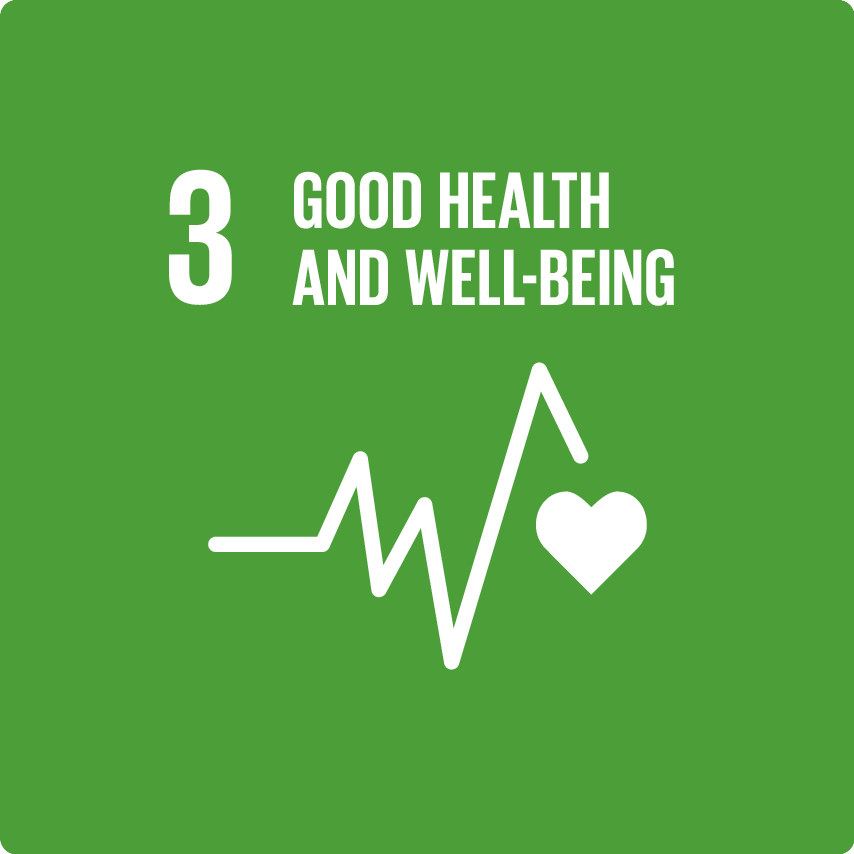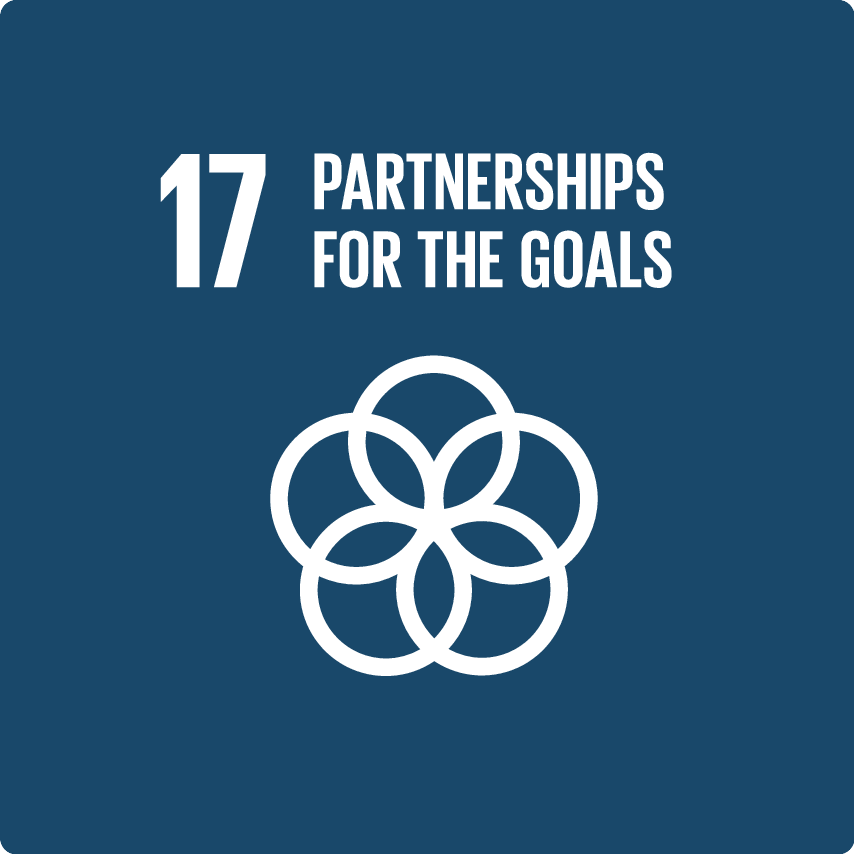Access to Oncology Medicines (ATOM) Coalition
Global coalition to increase access to essential cancer medicines in low- and lower middle-income countries.
SEE ALL PARTNER ORGANIZATIONS
Objectives
To reduce suffering and deaths caused by cancer in low- and lower-middle income countries (LLMICs) through improved access to and use of essential cancer medicines by:
- Increasing access to quality-assured essential cancer medicines.
- Increasing the capacity to use these medicines appropriately.
The Access to Oncology Medicines (ATOM) Coalition is an innovative partnership, leading global collective action to increase access to essential life-saving cancer medicines for the world’s most vulnerable and underserved.
Established by the Union for International Cancer Control (UICC) and its partners, the Coalition brings together more than 30 expert organisations from civil society, and the public and private sectors, in a shared ambition: “To reduce suffering and deaths caused by cancer in low- and lower-middle income countries (LLMICs) through improved access to and use of essential cancer medicines.”
By supporting the efforts of health-focused organisations across multiple sectors, creating connections and facilitating effective coordination, the ATOM Coalition is expanding access to medicines and the capacity to use them in a more sustainable and scalable way.
For more information visit : uicc.org/ATOMCoalition
Results and milestones
- The ATOM Coalition was launched on the sidelines of the 75th World Health Assembly (WHA75) in May 2022 in Geneva, Switzerland.
- In the first phase of operations (4-5 years), the ATOM Coalition will support the implementation of intensive coordinated capacity building activities in 5 to 10 countries, expanding to other LLMICs over time. It will also focus on increasing access to medicines in 46 countries currently classified as LLMICs. Priority will be placed on medicines on the WHO Essential Medicines List (EML) or those likely to be included in the future that treat cancers with the highest incidence-to-mortality in LLMICs (lung, colorectal, breast, cervical, prostate and childhood cancers). Countries will be selected based on the presence of ATOM partners, health system readiness, diagnostic capability, the number of essential medicines already listed on their National Essential Medicines Lists, and the existence of other access programs in the country.
- The ATOM Coalition Medicines Expert Advisory Group has put forward a priority list of 17 generic and biosimilar medicines, which was guided by the Access to Medicines Foundation’s new industry programme on generic manufacturers and their work on a product list for cancer medicines.
Company updates:
- Novartis joined forces with public and private partners as a founding member of the Access to Oncology Medicines (ATOM) Coalition. Novartis is the first pharmaceutical company to contribute an innovative medicine (nilotinib), a treatment for chronic myeloid leukemia in both children and adults. In October 2022, Novartis granted the Medicines Patent Pool (MPP) a non-exclusive license for nilotinib – becoming the first company to sign a non-exclusive voluntary license for an oncology medicine. Nilotinib is on the WHO’s essential medicines list. The agreement allows the MPP to sub-license nilotinib to generic manufacturers, who will be able to manufacture and commercialize the medicine in designated markets. In June 2023, the MPP signed sublicence agreements with three India-based companies, Eugia, Hetero and Dr. Reddy’s Laboratories, along with Indonesian-based company BrightGene to manufacture generic versions of nilotinib. The selected companies can manufacture generic versions of nilotinib in India and seven middle-income countries and supply it to 44 territories included in the licence through a non-exclusive licence agreement, subject to SRA and local regulatory authorization. The licence includes the opportunity to develop and supply generic versions of nilotinib in seven middle-income countries, namely Egypt, Guatemala, Indonesia, Morocco, Pakistan, the Philippines and Tunisia, where patents on the product are pending or in force. The selection of the manufacturers marks an important step to improving access to affordable cancer treatment. This approach aims to serve as a new model for the pharmaceutical sector to help close the gaps in access to life-changing medicines for non-communicable diseases.
Geographic Reach
- Global Commitment
Disease Area
- Non-communicable diseases
Partner organizations
Tech Care 4 All - WECHA
National Comprehensive Cancer Network® (NCCN®)
Defeat-NCD Partnership
African Organization for Research and Training in Cancer (AORTIC)
BIO Ventures for Global Health (BVGH)
Direct Relief
The Max Foundation
PATH
Union for International Cancer Control (UICC)
All.Can
Health Finance Institute (HFI)
Advance Breast Cancer Global Alliance
Clinigen
McCabe Centre for Law & Cancer
Sylvester Comprehensive Cancer Center Global Oncology
UCSF Helen Diller Family Comprehensive Cancer Center
BD (Becton Dickinson)
Hologic
BeiGene
Access To Medicine Foundation
Project ECHO (Extension for Community Healthcare Outcomes)
American Society for Clinical Pathology (ASCP)
American Society for Clinical Oncology (ASCO)
International Generic and Biosimilar medicines Association (IGBA)
Medicines Patent Pool (MPP)
International Dispensary Association Foundation (IDA Foundation)
Thermo Fisher Scientific
Everyone.org
Additional resources
- ATOM Coalition Flyer
- ATOM Coalition Press Release
- ATOM Coalition Twitter (@ATOM_Coalition)
- Novartis & MPP voluntary licensing agreement
- A collective approach can improve access to quality cancer care
- Cancer Control 2022: How strengthening health financing capacities is key to expanding access to cancer medicines in LMICs
- First voluntary licence for a cancer treatment is a promising sign for future expansion of access to innovative medicines
- Access Matters: The ATOM Coalition
- Access to Oncology Medicines Coalition - The Medicines Patent Pool
- IGBA Suzette Kox interview Dr Cary Adams on the ATOM Coalition
Geographic Reach
Global Commitment
Disease Area
Non-communicable diseases
- Cancer

